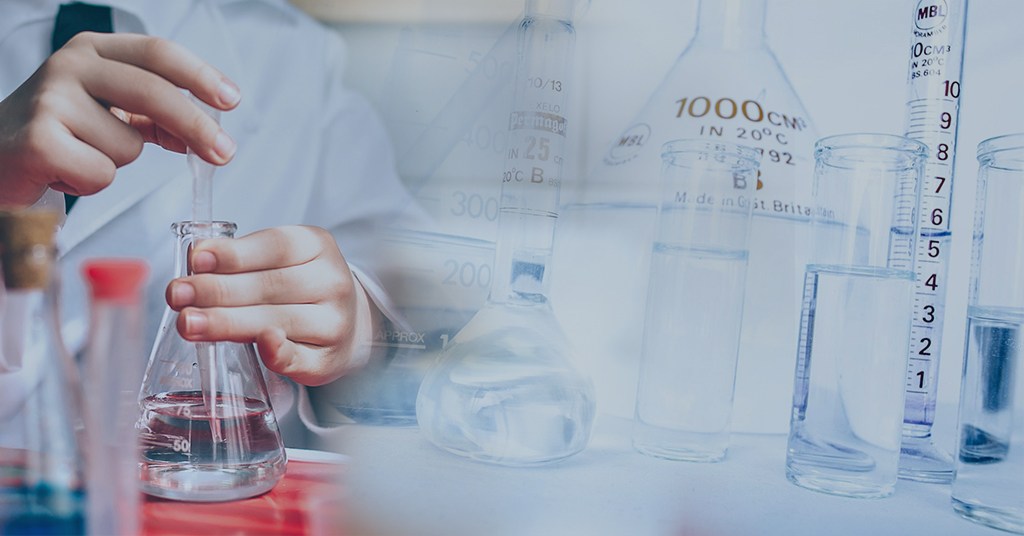Welcome To ChemAnalyst

Prices of Polylactic Acid (PLA) have gathered momentum in the week ending November 24 since the market has seen several opportunities in PLA manufacturing. The European Parliament has voted to amend the European Commission's Packaging and Packaging Waste Regulation (PPWR) to remove and modify packaging reuse targets. Which primarily acted as a big support to the upstream PLA industry.
Several protests for chemical-loaded plastic packaging have opened a new room for the sustainable packaging industry. Thus, PLA prices on November 24 have closed at USD 2465 per metric tonne, FD Antwerp. Meanwhile, PLA prices in Germany have registered a value of USD 2400 per metric tonne, CFR Hamburg.
Brazil, the biggest provider of pulp and paper to Europe, has tripled its production in the past two decades and has now acquired twice the surface of Belgium, about 7.3 million hectares. Brussels has been working on new rules to cut the amount of plastic packaging waste built with time. First food restaurants have put a ban on single-use packaging.
Moreover, import prices of upstream raw material from the neighboring Dutch market have increased, which have supported the cost of PLA manufacturing. Freight rates from the North American east coast to Europe have jumped by 5 percent in the week ending November 24. Improved investors' mindset in PLA's downstream packaging industry has also joined the upward force on PLA prices.
Last month, ALPLA, a world leader in plastic packaging solutions, announced its successful stake in Paboco and said it would start its production capabilities of completely recyclable paper bottles by the end of 2024. The world's largest cosmetic company, L'oreal, has been more focusing on recyclability and refillable packaging. UNESDA has also joined forces to make reusable and single-use recyclable packaging to become complementary.
The EU has been revising rules to deal with packaging waste and end single-use packaging. Recent events in Belgium concerning water pollution caused by plastic packaging have forced the EU government to think of immediate action to ban food packaging materials and improve the health of European citizens.
Studies have asserted that returned packaging from the consumer after use has been further processed, cleaned, and refilled for sale could lower greenhouse gas emissions by 36% compared to single-use packaging.
Food and beverage packaging has been combined most of the time with plastics or chemicals to make it waterproof or resistant to grease, which puts limitations on recyclability. Thus, paper-based food packaging has been driving global deforestation and industrial water pollution. It must be noted that the EU should promote well-designed recyclable systems to prevent waste generation and should focus more on sustainable packaging like PLA.
We use cookies to deliver the best possible experience on our website. To learn more, visit our Privacy Policy. By continuing to use this site or by closing this box, you consent to our use of cookies. More info.
